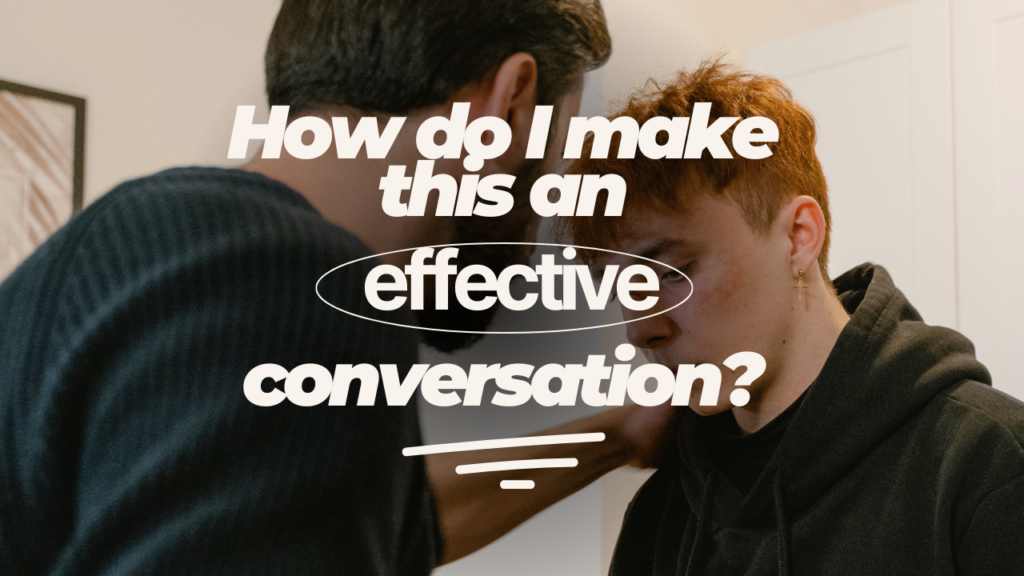Having effective conversations with a young person experiencing psychosis can be challenging. However, it’s crucial for providing the support and understanding they need. Approaching these conversations with empathy, patience, and preparedness can make a significant difference in helping them feel heard and supported. In this blog post, we’ll explore some effective approaches for engaging in meaningful conversations.
Understanding Psychosis
How to Approach the Conversation
Secondly, keep in mind 3 things when having a conversation with a young individual experiencing psychosis. You often see these effective approaches used by therapists when talk to their clients.
Curious Questioning & Active Listening
Curious questioning can be a powerful tool when engaging in conversations with a young person experiencing psychosis. Approaching the conversation with genuine curiosity can help create an open and non-judgmental dialogue. By asking open-ended questions, you invite them to share their experiences, thoughts, and feelings more freely. In return you to gain deeper insights into their perspective.
This approach not only demonstrates empathy and understanding but also encourages the individual to express themselves in a way that feels safe and supported. Remember, the goal is to listen actively and learn from their experiences. By doing so you foster a sense of connection and trust that can be invaluable in providing meaningful support.
Don’t Challenge Their Beliefs
It’s important to approach conversations about a young individual’s experiences of psychosis with sensitivity and care. This means avoiding direct challenges to their beliefs. Challenging or dismissing their beliefs can be distressing and may further isolate them, making them less likely to open up or seek support.
Psychosis can cause individuals to hold strong and often deeply ingrained beliefs that feel very real to them. Even if they seem irrational or illogical to you and others. Instead of challenging their beliefs, it’s more helpful to listen empathetically, validate their feelings, and offer a supportive presence.
Building trust and understanding can create a safe space for them to share their experiences. This builds a foundation where they may be more open to seeking appropriate care and treatment.
Connect and Normalize
Personal disclosure can be a powerful tool for connecting with someone experiencing symptoms of psychosis. Sharing personal experiences or stories can help break down barriers and create a sense of empathy and understanding. It can show the individual that they are not alone in their experiences and that others have faced similar challenges and emotions.
This shared connection can foster trust and open communication, making the individual feel more comfortable and supported. Additionally, personal disclosure can provide a real-world perspective on recovery and coping strategies, offering hope and encouragement during difficult times.
Specific Techniques & Examples
Check out this recording of one of our family & community workshops on Supporting Young People Experiencing Psychosis. In this video you will learn more about the information we shared here, plus some specific techniques and tools. We even do live demonstrations to show how to implement what you’ve learned in to a real conversation.
